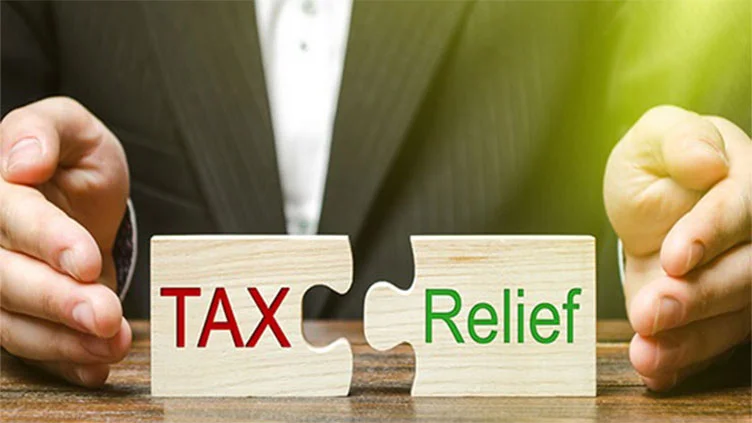Islamabad, 29 May 2025: Tax Relief Demanded is once again becoming the rallying cry as pressure builds on the federal government to provide financial respite to Pakistan’s salaried population ahead of the new fiscal budget.
The Salaried Class Alliance of Pakistan (SCAP) has formally appealed for immediate reforms, arguing that wage earners are bearing an outsized share of the tax burden amid rising inflation and stagnant wages.
In a statement released this week, SCAP emphasized that salaried employees including professionals from the public and private sectors such as banking, education, journalism, and corporate offices remain the only income group consistently taxed at source without adjustments or exemptions.
Tax Relief Demanded was a repeated message in their communication, underlining the growing frustration over policies perceived as unfair and unsustainable.
SCAP noted that despite consistently fulfilling their tax obligations, middle-income earners have faced punitive fiscal measures. These include sharply increased tax brackets and a 10% surcharge on higher salaries introduced in the last federal budget. The group highlighted that although inflation has more than doubled in the past three years, the minimum monthly threshold for taxable income has remained unchanged at Rs. 50,000.
The Alliance warned that continued policy neglect is accelerating the country’s brain drain, as qualified professionals are choosing to emigrate in growing numbers.
According to their data, the outflow of educated and skilled workers surged by over 119% in the past year, with heavy and inequitable taxation cited as a major reason.
SCAP also pointed out critical structural disparities in Pakistan’s taxation framework:
- In FY2025, salaried individuals are projected to contribute more than Rs. 550 billion in taxes—significantly more than exporters and retailers, who collectively pay only Rs. 100 billion.
- The agriculture sector, which accounts for nearly 20% of GDP, contributes less than 1% to tax revenues.
- Wealthy landlords and influential groups enjoy widespread exemptions, while salaried workers face tax rates as high as 35%, in addition to a 10% income surcharge.
Tax Relief Demanded was the Alliance’s clear call as it decried the growing shift toward informality in the job market.
Employers, seeking to dodge heavy tax liabilities, are reportedly opting to pay wages in cash undermining documentation efforts and weakening the formal economy.
SCAP laid out a list of key demands for the upcoming budget:
- Increase the minimum taxable income threshold to Rs. 100,000 per month.
- Revert tax rates to those applied in fiscal year 2021-22.
- Eliminate the 10% surcharge, calling it an unfair penalty on compliant taxpayers.
- Restore tax credits previously available to salaried individuals.
- Expand the tax net by including the informal economy and the under-taxed agriculture sector.
- Cut excessive government spending to make room for taxpayer relief.
The Alliance concluded by stating that fairer tax policies are not only a matter of justice but are essential to halting the exodus of talent and promoting long-term national development.









